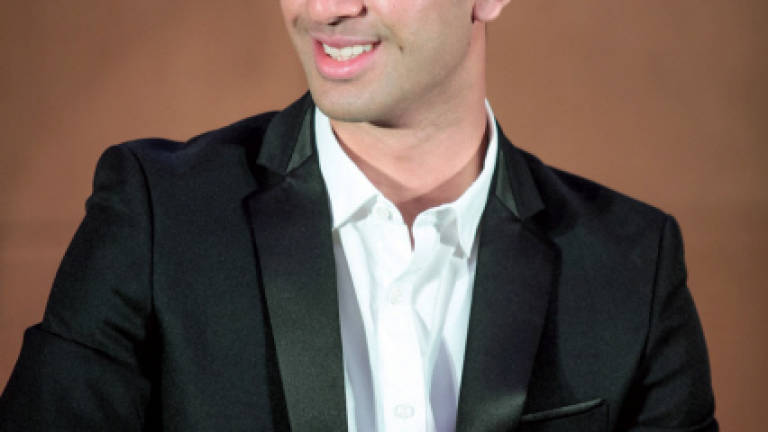Track day

WHILE most preschoolers would be busy feeding their curiosities and exploring the compounds of their homes, five-year-old Muhammad Nabil Jan Al Jeffri was doing rounds on the go-kart circuit. He was too young to man any sort of vehicle, but that didn't stop him from gokarting – albeit on his maid's lap.
The passion for racing grew and by the age of nine, Nabil's father enrolled him in a Hot Wheels talent search programme where Nabil – one of the youngest to be selected – went on to finish second after competing with other kids of ages 8 to 13. Then, his father presented him with a second-hand go-kart in which he spent most of his weekends at the race track.
From then on, Nabil started championing local racing tournaments beginning with the cadet 60cc category, and moved up to the 80cc category. He went from winning the Asian Overall Champion in cadet category at 11 years old, to becoming the youngest test driver in Formula One history at 16.
Nabil also won the F1 Malaysian GP support race, concluding as 3rd Overall in 2011; and continued to bask in victory at the podium many times in the year after, finishing as 2nd Overall. Last May, the 22-year-old made his debut in the GP2 series with British team Arden International, representing Malaysia at the Spanish Formula 1 Grand Prix in Barcelona.
Why did you choose a career in racing?
Pure passion. I love racing so much so that my whole life is dedicated to racing. No one in my family has a background in racing. Nevertheless, I'm lucky to be receiving support to pursue my dreams in this sport.
What is Nabil Jeffri like in and out of a race?
When I'm on the track, I'm usually very focused throughout the weekend. It is like a job to me because I've dedicated 14 years of my life to this sport. Each time the race weekend comes I take it very seriously. When I'm not racing, I take the time to lie back and relax. I also play other kinds of sports to keep myself fit during my off days.
How do you feel about representing Malaysia at the Spanish Formula 1 Grand Prix? How did it go?
I feel very proud. Bringing Malaysia to an international level has always been my dream. Not only is it my dream, I feel it's also the nation's pride that I'm carrying with me all the time. I think that my performance was good. It was my first ever weekend in GP2. Half of the drivers on the grid has been racing in GP2 for two to three years. They obviously have more experience than I do but I think it shouldn't – and didn't – intimidate me. Instead, it made me want to work harder to achieve better results in the future.
What is the most difficult thing about being a racer?
The amount of effort you put into preparing for a race weekend, especially in fitness training – you need to ensure you are fit enough to drive a GP2 car. I'm currently training about five to six hours daily, mostly building strength and cardiovascular fitness. I'm still finding time in between to focus on simulator work to improve my track performance.
Everybody can go fast, but what do you think makes a good racer?
I actually think that not everyone can go fast (laughs). It takes time, practice and talent to be quick in this very competitive world of motor racing, especially in Europe. You need to be nimble and think quickly to judge a situation in a split second, and you have to make the most out of it. The speed of a GP2 car is so fast that we barely have time to think; and each decision is crucial in determining your win or loss. So I guess you have to be very alert at all times.